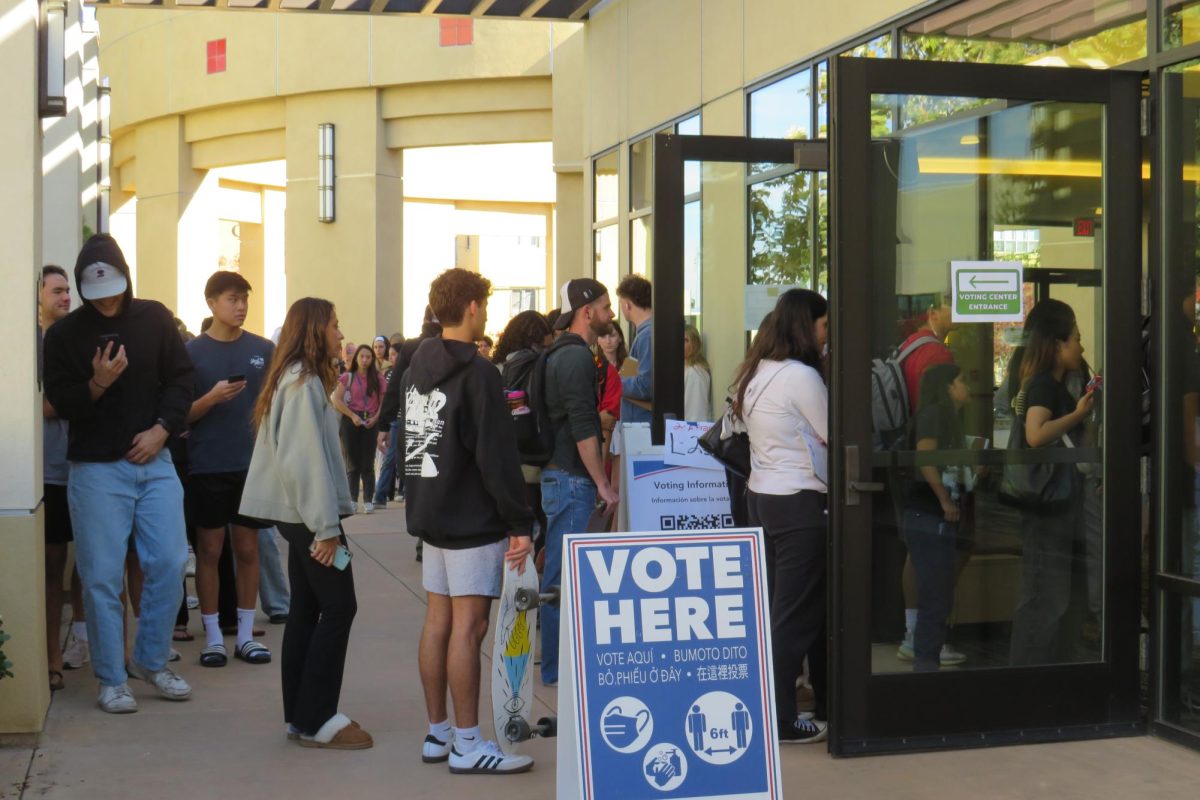When will we know who won the election?
Don’t expect to know the outcome of the election on election night.
Although counting votes will likely be faster than in 2020, largely due to an increase in in-person voting options, it may still take key swing states such as Pennsylvania and Georgia some time. During the pandemic, many states were processing unprecedented numbers of mail-in ballots, which led to delays.
In 2020, media outlets didn’t call the race until five days after election day.
Election officials must count in-person votes, mail ballots, absentee ballots and provisional ballots — all of which have unique verification processes. For example, in most states mail-in ballots require signature verification before they are included in the final count.
In states such as Pennsylvania, election officials aren’t allowed to process mail-in ballots until Election Day, adding to the delay.
Seven key states where Democrats and Republicans are extremely close will be the deciding factors in this election. In these states — Arizona, Georgia, Michigan, Nevada, North Carolina, Pennsylvania and Wisconsin — the polls have been extremely close.
Could a recount happen?
Many polls have indicated a tight race, especially in key swing states, heightening the likelihood of a recount.
The recount rules vary from state to state, with some states requiring recounts when specific voting margins are reached, and other states allowing presidential candidates to request a recount.
A recount could lead to the delay of results, but it would be unlikely to change the outcome of the results. An analysis of elections from 2000 to 2023 by FairVote found that out of 36 election recounts, only three resulted in a change of outcome.
How many electoral votes are needed for Trump or Harris to win?
The Electoral College is made up of 538 votes, and a candidate needs to secure 270 of them to win the presidency.
While the majority of these votes are located in blue or red strongholds such as California with 54 votes and Texas with 40 votes, the swing states are the ones that could potentially give the candidates the votes to reach the 270 threshold.
Both Vice President Kamala Harris and former President Donald Trump have been last-minute campaigning in these battleground states, with the understanding that they could be the difference between winning and losing.
What’s the Electoral College timeline?
Following Election Day, each state will certify their results and send a Certificate of Ascertainment to the Electoral College.
On Dec. 17, electors chosen by their states will vote for president and vice president and these votes will be sent to the President of the Senate and the Archivist.
By Jan. 3, 2025, the votes will be sent to Congress. However, Congress will not count the electoral votes and declare a winner of the presidency and vice presidency until Jan. 6.
The inauguration of the new president and vice president will take place on Jan. 25.
What happens if Trump is declared the winner?
Former President Trump currently faces four criminal indictments against him.
One of which is a case against the state of New York for falsifying business records to cover up a payment of $130,000 to adult film actress Stormy Daniels. The former president’s sentence date for this case is Nov. 26; however, it is likely that the sentencing will be delayed by appeals.
Trump was also accused of pressuring federal officials to interfere in the 2020 presidential election, and his attorneys have argued for the conviction to be thrown out on the basis that he is immune. In July, the Supreme Court ruled that some actions closely related to a president’s core duties are off-limits to prosecutors.
Special counsel Jack Smith’s 2022 probe of Trump and his efforts to overturn the 2020 election could also be dismissed if Trump wins the presidency. Should Trump win the election, the individual he chooses to head the Department of Justice will likely fire Smith and dissolve the case.
It’s likely that if elected, Trump will get to work on the policies he touted during his campaign once sworn in on January 20, 2025.
Is post-election violence possible?
Experts agree that another event such as the Jan. 6, 2020 insurrection of the capitol is unlikely. Police in Washington, D.C., have amped up security measures for this election.
In a press conference on Oct. 29, Metropolitan Police Department Chief Pamela Smith said that there were no known credible threats, but that the department is staying vigilant.
“I want to be very clear: We will not tolerate any violence of any kind,” Smith said. “We will not tolerate any riots. We will not tolerate the destruction of property. We will not tolerate any unlawful behavior. Offenders will be arrested and will be held accountable.”








